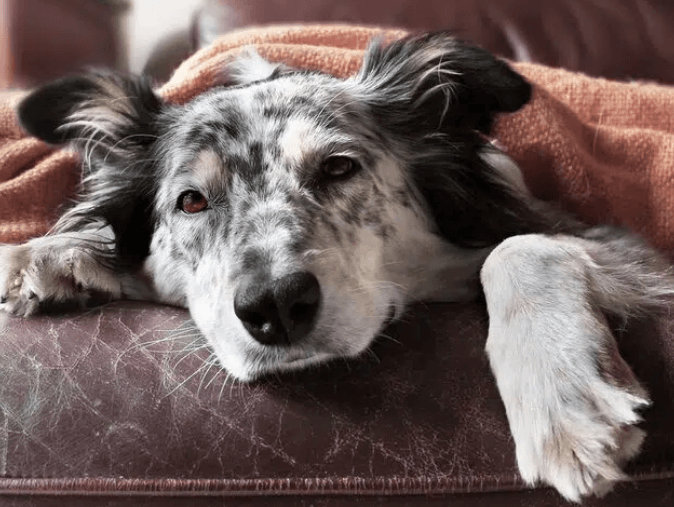
Can Dogs Overdose on CBD Oil? Vet-Approved Signs (Lethargy, Vomiting) & Safety Tips
CBD oil has become a popular option for pet owners seeking natural support for issues like anxiety or pain in dogs. But with its rise in use, many wonder: Can too much CBD actually harm my dog? While generally considered safe, there are important caveats to keep in mind. Let’s break down the facts.

Can CBD Oil Overdose Happen?
The short answer: Yes, but it’s rarely life-threatening. Unlike THC (the psychoactive compound in cannabis), CBD isn’t toxic to dogs in moderate doses. However, giving more than your dog’s system can handle may lead to uncomfortable side effects. Think of it like overdoing caffeine—your pup might feel “off,” but it’s usually temporary.
Signs Your Dog Might Have Had Too Much CBD
Watch for these common reactions if you suspect overconsumption:
Lethargy or drowsiness (like they’re moving in slow motion)
Vomiting or diarrhea (their stomach saying “nope!”)
Loss of balance (walking like they’ve had one too many treats)
Increased thirst (gulping water like there’s no tomorrow)
Low blood pressure (making them seem extra sleepy or weak)
These symptoms typically fade within 24 hours, but severe cases—though rare—could require vet care.
Safety Tips to Keep Your Pup Safe
Start Low, Go Slow
Begin with the smallest recommended dose (often 0.1–0.5 mg per kg of body weight) and adjust gradually. For example, a 10kg dog might start with 1–5mg daily.
Choose THC-Free or Low-THC Products
Even tiny amounts of THC (over 0.3%) can be harmful to dogs. Stick to broad-spectrum or isolate CBD oils labeled specifically for pets.

Talk to Your Vet First
Especially if your dog takes medications like phenobarbital or steroids—CBD can interact with these.
Monitor for Reactions
Keep a log of behavior changes after dosing. If side effects pop up, pause use and consult your vet.
Store It Securely
Dogs are curious! Keep CBD bottles out of reach to prevent accidental gulping.
The Bottom Line
CBD isn’t a one-size-fits-all solution, but with careful dosing and quality products, many dogs benefit without issues. Always prioritize products tested for purity and potency, and never hesitate to loop in your vet for guidance. After all, our furry friends deserve the safest path to feeling their best! 🐾
American Dingo animal behavior Budget Tips canine behavior Canine Care Canine Health DIY pet projects dog behavior Dog Breeds dog care Dog Care Tips dog exercise Dog Food Dog Grooming dog health Dog Measurement dog nutrition dog ownership dog potty area Dog Training Dog Wound Care Family Pets Hunting Dogs lipomas in dogs newborn puppy care obedience training outdoor pet care Pet Care Pet Care Tips Pet Health Pet Loss Pet Safety pet tips pet training Positive Reinforcement Potty Training Puppy Care puppy health Puppy Training Rabies in Dogs Temperature Monitoring Training Tips veterinary advice Veterinary Care Veterinary Tips



Leave a Reply
You must be logged in to post a comment.